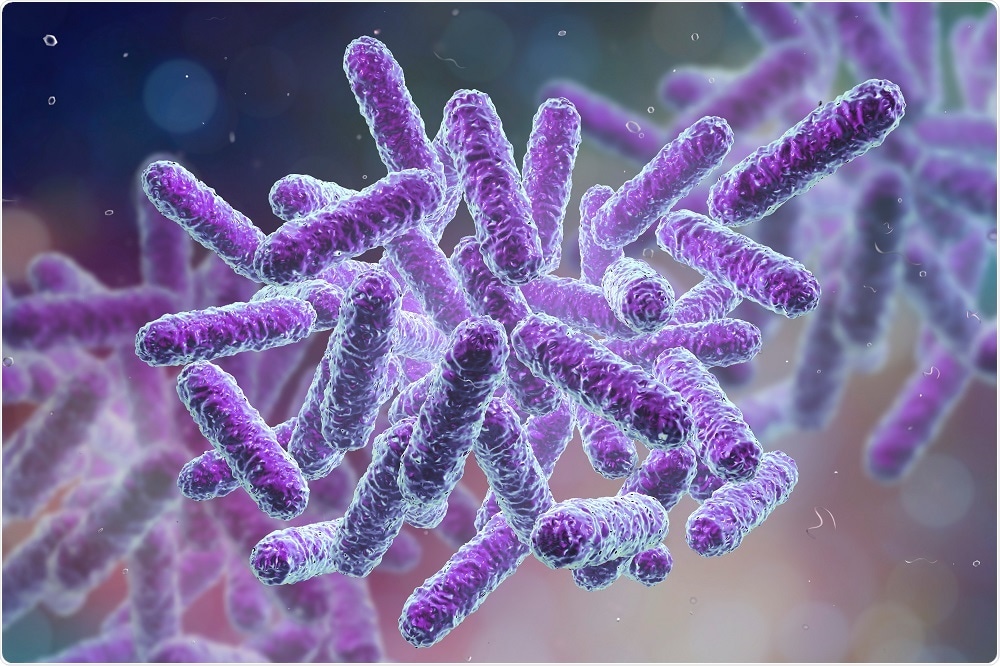
Single genetic change in gut bacteria can lead to obesity
A new study has provided a greater understanding of how exactly the microbiome affects metabolism and pointed towards a potential therapeutic target for obesity and metabolic diseases such as diabetes.
 Image Credit: Kateryna Kon / Shutterstock
Image Credit: Kateryna Kon / ShutterstockScientists from Harvard Medical School and Brigham and Women's Hospital have shown that deleting a single gene in a certain strain of intestinal bacteria caused metabolic changes and reduced weight gain in mice.
Researchers are already aware of the influence the microbiome has on the development of obesity and metabolic diseases.
However, they are less clear on the specific ways in which it exerts this influence because so many different species of bacteria producing many different types of metabolites are present in the gut.
Now, assistant professor Sloan Devlin and colleagues have investigated the effects on host metabolism of removing a specific gene from the microbiome.
They focused on the bile acids that occur naturally in the gut, since imbalances in bile acids are thought to play a role in diet-induced obesity. However, the particular bile salts that contribute to this effect remain unknown.
Devlin and colleagues focused on bacterial enzymes called bile salt hydrolases, which have previously been shown to play a role in host metabolism, although it is not known how.
The researchers identified a species of bacteria with a bile salt hydrolase that is only involved in the metabolism of certain types of bile salts.
They then produced two bacterial strains − one that had the hydrolase and one that did not − and introduced the two strains into germ-free mice.
As reported in the journal eLife, the team found that the guts of mice lacking the hydrolase contained significantly higher amounts of certain unmetabolized bile salts, compared with mice colonized with the normal bacteria.
Next, the researchers studied the downstream effects of changing the levels of certain bile salts on the animals’ metabolism.
Surprisingly, they found that that the mice colonised with hydrolase-deficient bacteria gained less weight and had lower levels of fats and cholesterol in their blood and liver than the mice colonized with the hydrolase. The hydrolase-deficient mice also tended to metabolise fats rather than carbohydrates to generate energy.

































No hay comentarios:
Publicar un comentario